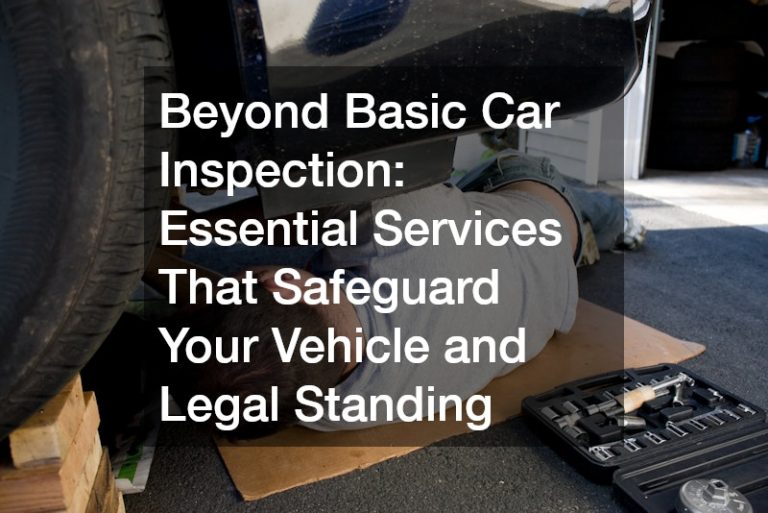
Modern technology has made transportation easier and more reliable than ever, and some carrier companies or other businesses may want to invest in vehicle GPS tracking for a number of reasons and precautions. How does this work? A commercial vehicle could have a GPS or camera put into it when a GPS tracking business is hired to put such devices in a client company’s vehicle fleet, and a fleet camera system can ensure better security and work efficiency for everyone involved. Vehicle GPS tracking can be a labor that is outsourced to a company that specializes in GPS fleet tracking equipment, and there are other companies and firms that do the work of collecting and tracking all this data for its clients. Many jobs are being created in the geospatial analysis field, and many more may open up in the near future as this industry grows, and it is expected to grow fast. This means that vehicle GPS tracking may become more common and relevant than ever, and any business that has vehicles in its fleet will want to have vehicle GPS made possible. What are the advantages to this, and what do statistics show about vehicle operation today?
Vehicles and GPS Across Canada
GPS was first used for vehicles as of the year 1996, and vehicle GPS tracking has become only more efficient and important than ever, and probably more prevalent across Canada, too. What companies will want to make the most use of vehicle GPS tracking? Those that use a lot of snow plows or search and rescue vehicles may take a great interest in fleet management via vehicle GPS tracking, and this can make it a great investment for any company. Most often for Canadian cities and towns, snow plows are a common sight, and these vehicles will have plenty of work to do. All the while, the businesses who own these expensive vehicles will certainly want to know where all their trucks are located and how fast they are going, so that lost or damaged vehicles can be found easily. Stolen vehicles can also be found by means of vehicle GPS tracking, and vehicle theft certainly happens sometimes.
Many Canadian cities get a lot of snow per year, and that calls for snow trucks. The top ten Canadian cities for snowfall report that they average 55 days a year with snowfall of two millimeters or more, and Montreal in particular has reported that for a seven-inch snowfall, all snow may be removed within five days (or even less time), and if a foot of snow has fallen, five days will be needed for snow trucks to remove it all. The city of Tahtsa in British Columbia set the record on February 11, 1999, when a massive meter and a half, or 145 centimeters of snow, had fallen. Any other Canadian town or city might not get quite that much, but snow can still impede traffic, and any city or town will want to see snow plows hard at work.
For any business that owns vehicles like snow plows or transport trucks, vehicle GPS allows owners to track where vehicles are, both to ensure that proper work is being done (and coordinate solutions for errors) and to track down stolen vehicles. Without a GPS installed, a stolen vehicle may be lost for good, but one that has a GPS in it will always transmit its location no matter where the thieves take it, and this allows owners to dispatch recovery crews.
GPS work is clearly important for businesses that own vehicles such as snow plows, flatbed trucks, or more, but it has other uses, too. Geospatial tracking can be done so that a company tracks where its traveling business professionals are going, both to ensure that person’s safety and to make sure that they are not doing something that they should not. GPS in vehicles is also useful for if a car, truck, or other vehicle becomes stuck or lost in the wilderness, and the GPS signal that it emits may be the main, if not only, way for rescue teams to locate that vehicle and any survivors inside or near it. In this manner, GPS can save lives and property alike every single year.



